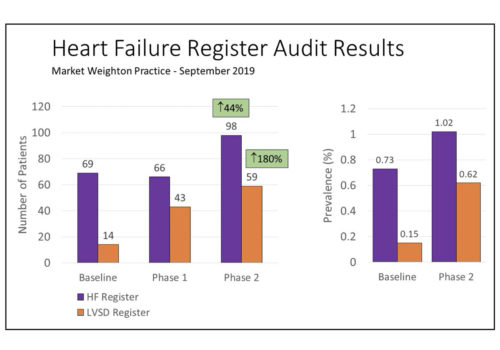Getting people to act on advice is a continuing challenge for health professionals, particularly in the self-management of chronic conditions. In this article, we explore why men are less likely than women to fully engage with their own health needs and what health professionals can do to help men get better at this. Using the behavioural theory of communication – the Theory of Primitive Concerns – we will look at how different responses to risk – with women typically being risk-averse and men being risk-seeking – mean they respond differently to two alternative styles of clinical instruction based on using ‘power language’ and ‘safety language’. The theory is that we can help men to look after their own health by using language that matches their attitude to risk and presents self-care in a more powerful way.






















